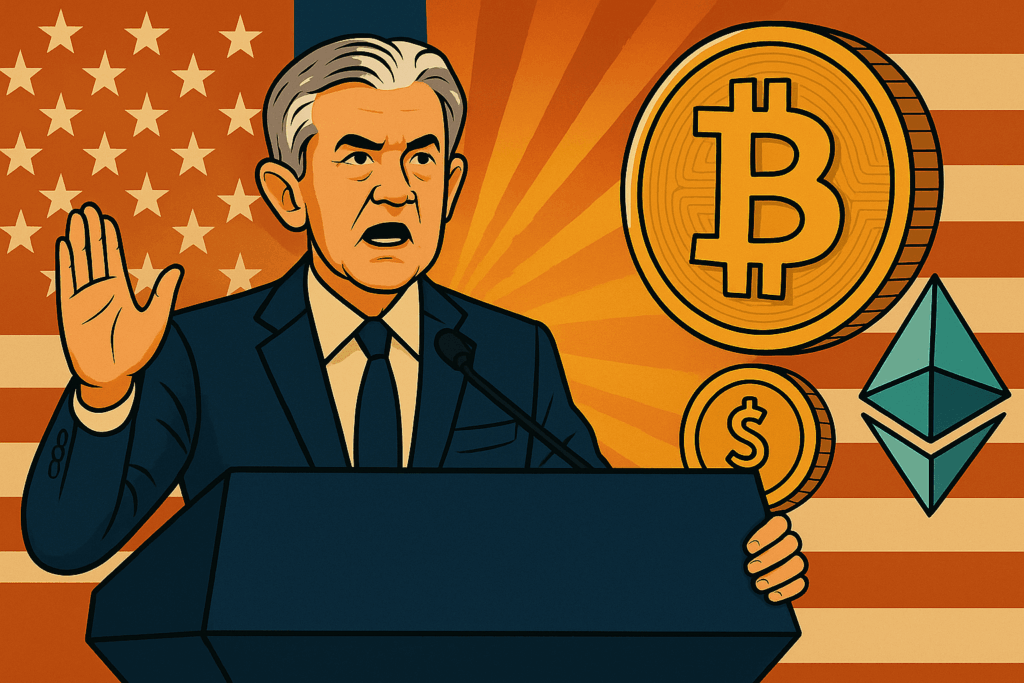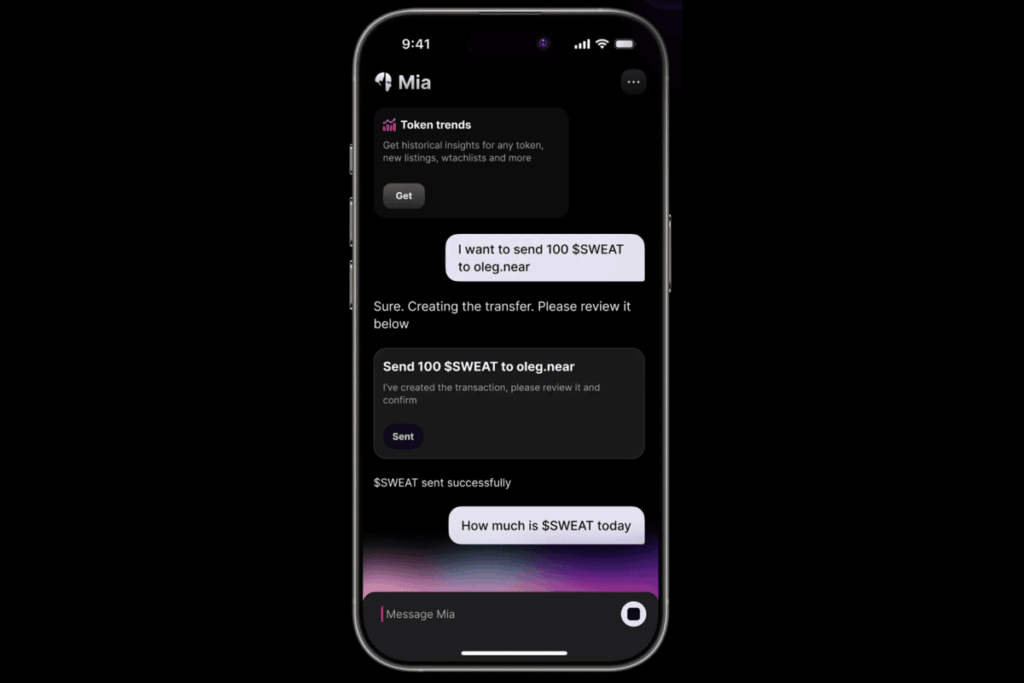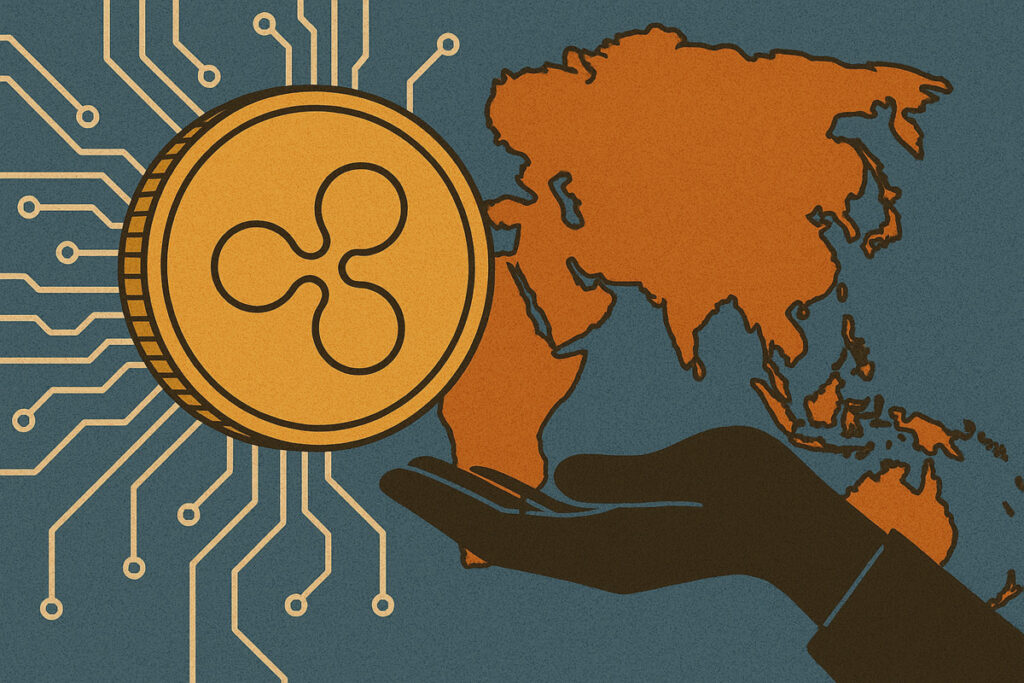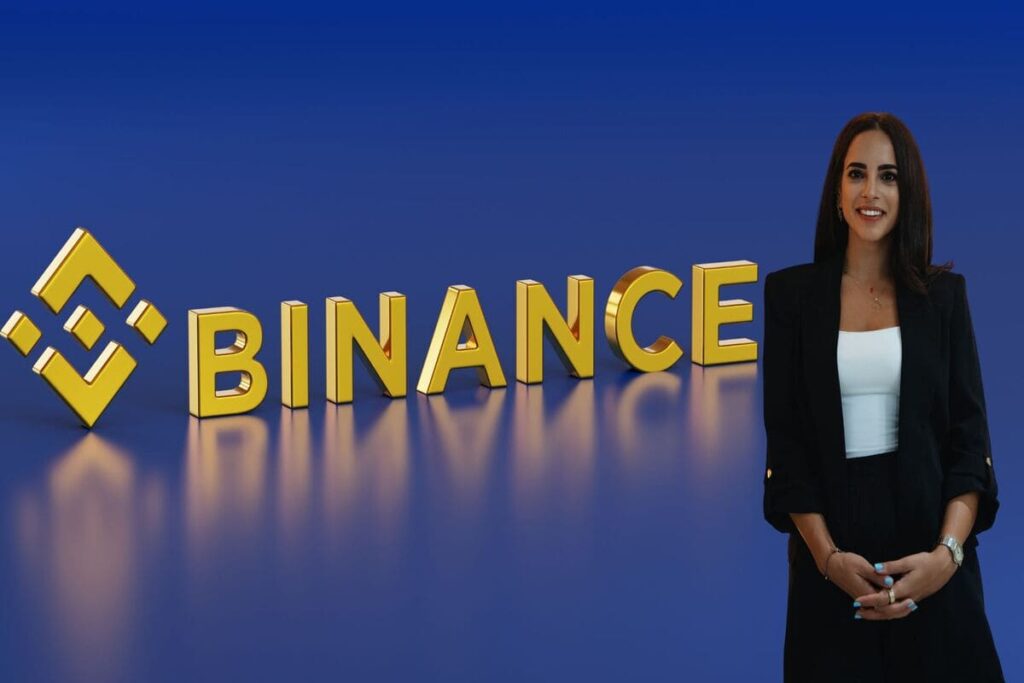- U.S. banks are now free to serve crypto clients, as the Fed removes reputational risk from oversight criteria, fostering wider adoption of digital asset services.
- Chair Powell emphasized safety and soundness, while supporting innovation and bank autonomy in the growing crypto sector.
- Inflation remains above target, and the Fed is monitoring the uncertain impact of tariffs before considering policy shifts.
Federal Reserve Chair Jerome Powell announced that U.S. banks may now freely engage with cryptocurrency firms and digital asset investors, marking a significant shift in regulatory tone. In testimony before the House Financial Services Committee, Powell affirmed that financial institutions have discretion to determine their customer base, including offering services to the crypto sector.
Powell emphasized that banks can build offerings tailored to digital assets so long as these services prioritize investor protection and institutional soundness. This message opens the door to wider innovation in crypto banking, enabling traditional financial institutions to develop products suited for the blockchain economy.
This development follows the Federal Reserve’s decision, made Monday, to eliminate reputational risk as a factor in bank evaluations, bringing it into alignment with similar moves made by the Office of the Comptroller of the Currency (OCC) and the Federal Deposit Insurance Corporation (FDIC). Regulators previously used reputational concerns to justify limits on bank activity, including in the crypto sector.
Newsletter
Get weekly updates on the newest crypto stories, case studies and tips right in your mailbox.
Eased oversight encourages crypto innovation
Banks have long criticized the reputational risk standard as vague and overly subjective, with concerns it could discourage legal yet unconventional financial activity. Institutions feared being penalized for offering services tied to digital assets, even if such offerings posed no material financial risk.
With this barrier removed, U.S. financial institutions now have greater freedom to launch crypto-focused services, including digital wallets, token custody, and blockchain-based infrastructure. The new approach signals a more supportive regulatory environment, as long as standard risk management protocols are in place.
Powell’s remarks represent a broader shift in federal policy, suggesting that traditional banks could emerge as key players in bridging the gap between traditional finance and decentralized technologies. Market participants expect more innovation from the sector, especially with greater legal clarity.
Fed closely watching inflation and trade policies
Beyond crypto, Powell addressed macroeconomic issues that impact digital asset markets, notably ongoing inflation and the uncertain effects of trade policies. Inflation remains above the Fed’s 2% goal, and Powell expressed caution about reacting prematurely to economic data.
Fed anticipates its preferred inflation measure will increase to 2.3% in May, with the core rate excluding food and energy expected to reach 2.6% both up from April readings of 2.1% and 2.5%, respectively.
Members of the Federal Open Market Committee (FOMC) remain cautious, awaiting further data before adjusting interest rates. The balance between inflation control and support for innovation such as crypto adoption continues to shape Fed policy.









